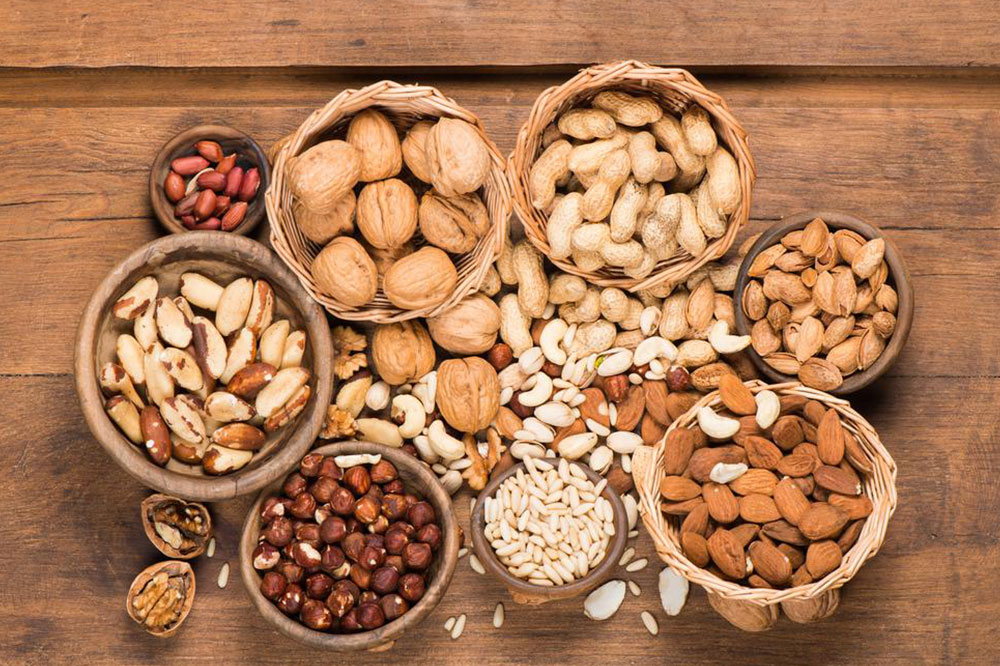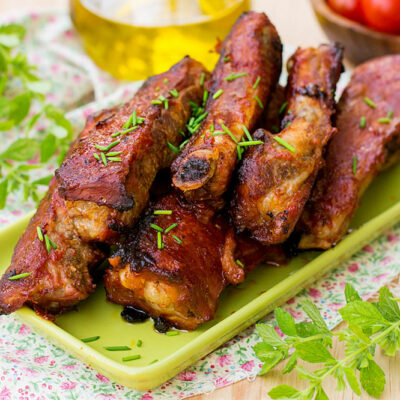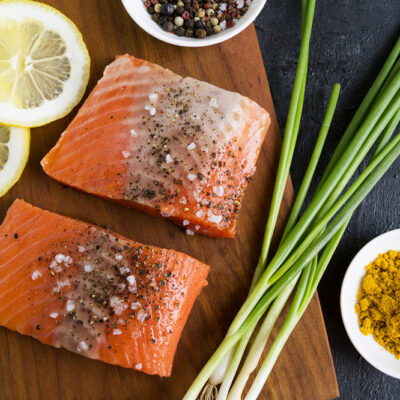
Best Healthy Food Options for ADHD
Medication helps almost 60 to 75 percent of the children with ADHD to feel better and to increase the focus levels, leading to better performance in school and other activities. The only problem with these psychostimulants is the potential side effects they have, which include insomnia, headache, abdominal pains, and weight loss. Studies say that some of these medicines may lead to depression too. Chemical overstimulation of the nervous system is not healthy for the human body and its organs. Healthy food options are a better way to control the symptoms of ADHD. Here are a few natural foods that have been proven to treat ADHD through scientific studies.
Iron-rich food
Scientific studies have proved that almost 80% of children with ADHD were deficient in iron. The lower the iron levels the more severe were the symptoms of ADHD. When the children were given iron supplements, their symptoms improved over time. Check the blood iron levels and instead of supplements, you can replace them with or iron-rich foods, which will prove beneficial and do not have any side effects. Some of the foods high in iron are:
- Peanut butter
- Tuna
- Dates
- Peas
- Eggs
- Dark leafy vegetables
- Whole grain bread
Foods high in Zinc
Zinc contributes to the metabolism of dopamine and hence is a positive mood enhancer. Similar to iron deficiency in children with ADHD, tests showed children with ADHD have low levels of zinc too. Include the following foods in the diet to boost zinc levels in the body:
- Eggs
- Sweet potatoes
- Nuts
- Seeds
- Beef
- Legumes
Magnesium enriched foods
One of the more important minerals in the body, the importance of magnesium is often overlooked until a deficiency is identified. Some of the symptoms of magnesium deficiency are restlessness, meltdowns, hyperactivity, irritability, aggressiveness and poor social skills. Surprisingly, these symptoms overlap with the symptoms of ADHD. The main reason for magnesium deficiency is the consumption of high levels of processed foods like white sugar, white rice or white bread. These deplete the magnesium levels in the body. Those with ADHD should avoid or limit the intake of processed foods. Instead, opt for a larger intake of some of these foods which are rich in magnesium content:
- Whole grains
- Tofu
- Seeds
- Fatty fish
- Dark chocolate
- Avocados
- Legumes
Protein-rich foods
Protein is essential for the health of the brain and it plays an important role in the production of neurotransmitters. Adding protein to your meal helps to prevent spikes in blood glucose levels, which can lead to hyperactivity. This helps to naturally treat ADHD. Some suggestions for protein-rich foods include:
- Meat and poultry
- Fish
- Shellfish
- Beans and lentils
- Eggs
- Nuts
Foods containing complex carbohydrates
Include healthful complex carbs in your daily diet. Opt for these instead of the processed carbohydrates. Complex carbohydrates besides preventing a spike in blood sugar levels calm your brain activity and promote better sleep patterns.
- Fruits
- Vegetables
- Whole-grain bread and pasta
- Brown rice
- Beans and lentils
Never underestimate the importance of a healthy diet, which includes the essential nutrients and minerals in treating the symptoms of ADHD. These food items act as natural treatments for ADHD. What food we eat does affect our mind due to its effect on the brain. If there is less or no improvement in your kid with ADHD, then you should consult a doctor at the earliest.


